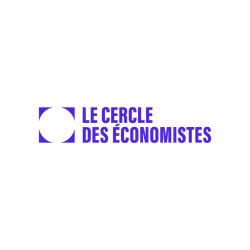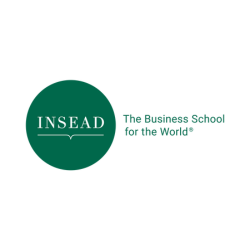— Rencontres Économiques
— Organized by the Cercle
The Singapore Economic Forum

25-26
Janvier 2024
9:00 – 13:00
On 25 and 26 January, join us for the third edition of the Singapore Economic Forum. This exceptional event will immerse you in the economic challenges of the Indo-Pacific region. Economic, political and institutional figures from seven European and Asian countries will debate the topic: “The Indo-Pacific: pivot of the global balance”.
In a context of polarization of global economic and geopolitical relations, the ambition of the Singapore Economic Meetings is to highlight relations between Europe and Southeast Asia as a “third way” for regional development and international relations. The reconfiguration of global value chains, international trade relations, competition in infrastructure development and the pursuit of sustainable and inclusive growth will be addressed by more than 50 speakers from Europe and Southeast Asia.
-
1
test
contenu
-
2
titre
contenu
-
3
titre
contenu
Find the full program and speakers below. Like all the events of the Cercle des économistes, the Singapore Economic Meetings are a free event open to all, upon registration here . For press accreditation, send your request to media@cercledeseconomistes.fr.
-
1
test
contenu
-
2
titre
contenu
Program
-
Jeudi 25 janvier
-
09:30
10:00
Opening
-
10:00
11:30
Is the Indo-Pacific a reality?
-
14:30
15:30
The Indo-Pacific’s Role in Reshaping Value Chains
-
15:45
17:15
Identifying key players in the Indo-Pacific
-
-
Vendredi 26 Janvier
-
9:00
9:30
Home
-
9:30
11:00
The challenges of climate change and the energy transition
-
11:15
12:45
A dynamic employment pool under pressure
-
12:45
13:00
Conclusion
-
The speakers
-
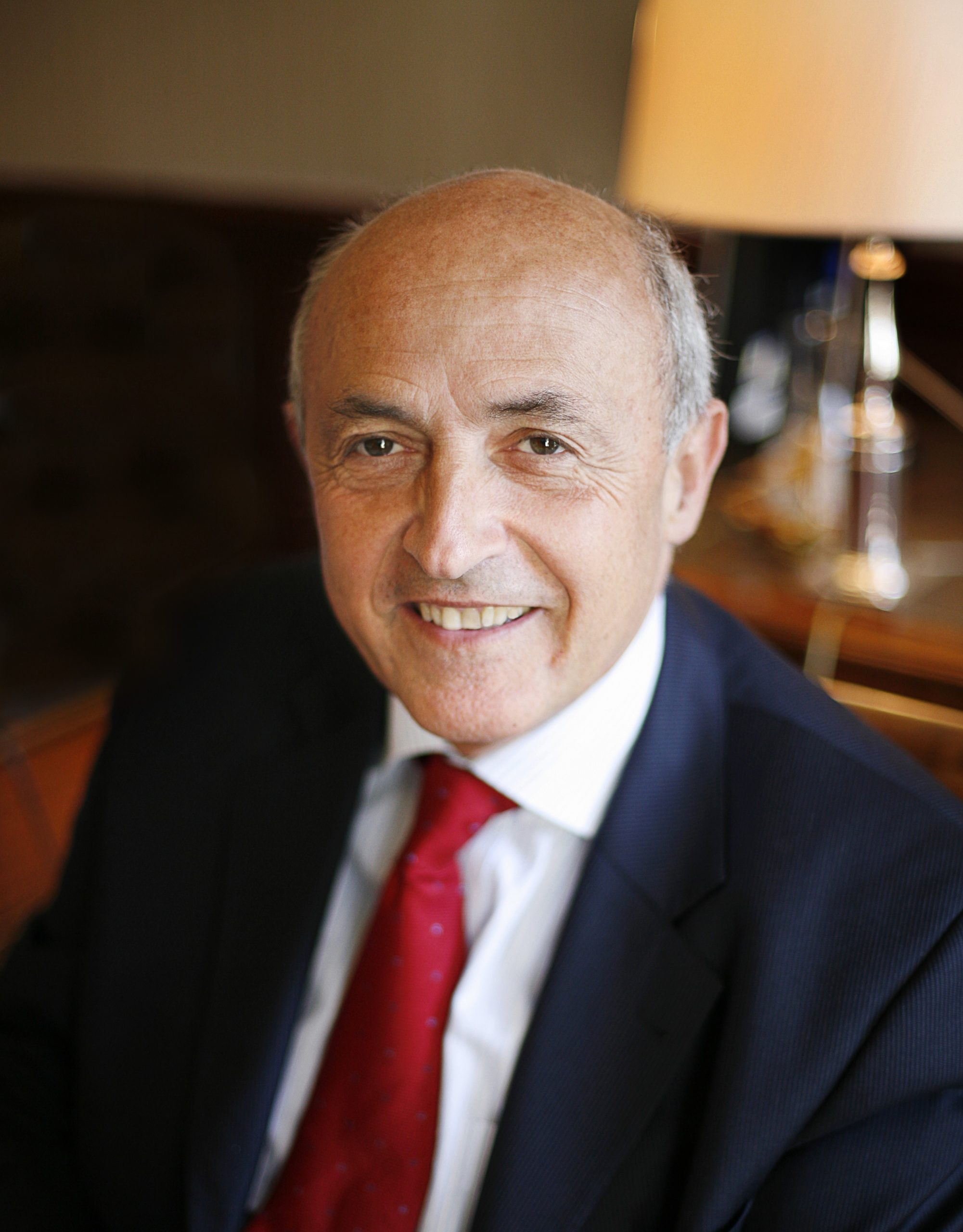
Jean-Hervé Lorenzi
Founder of the Cercle des économistes and President of the Rencontres Économiques d’Aix-en-Provence
-
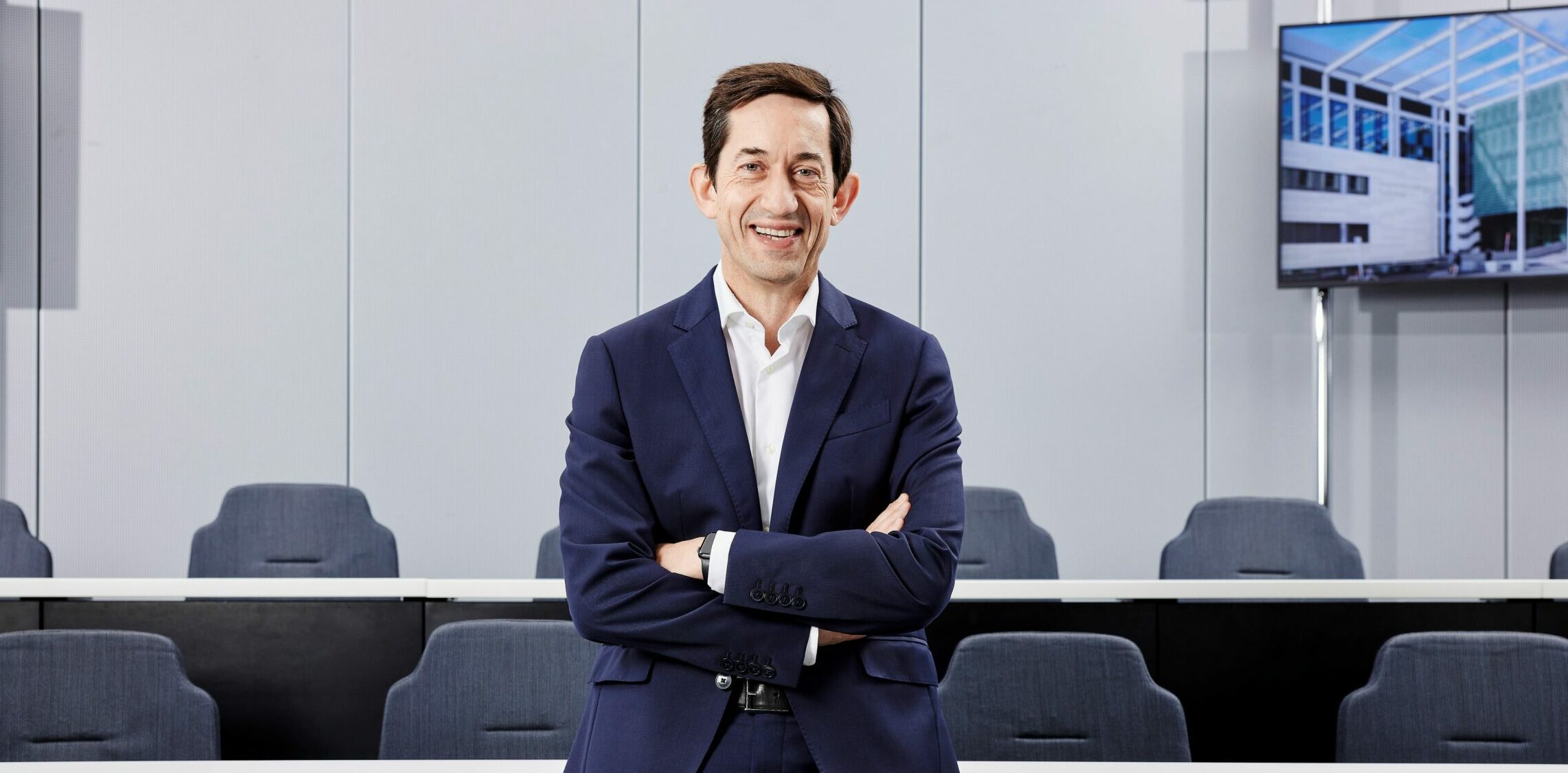
Francisco Veloso
Professor and Dean, INSEAD
-
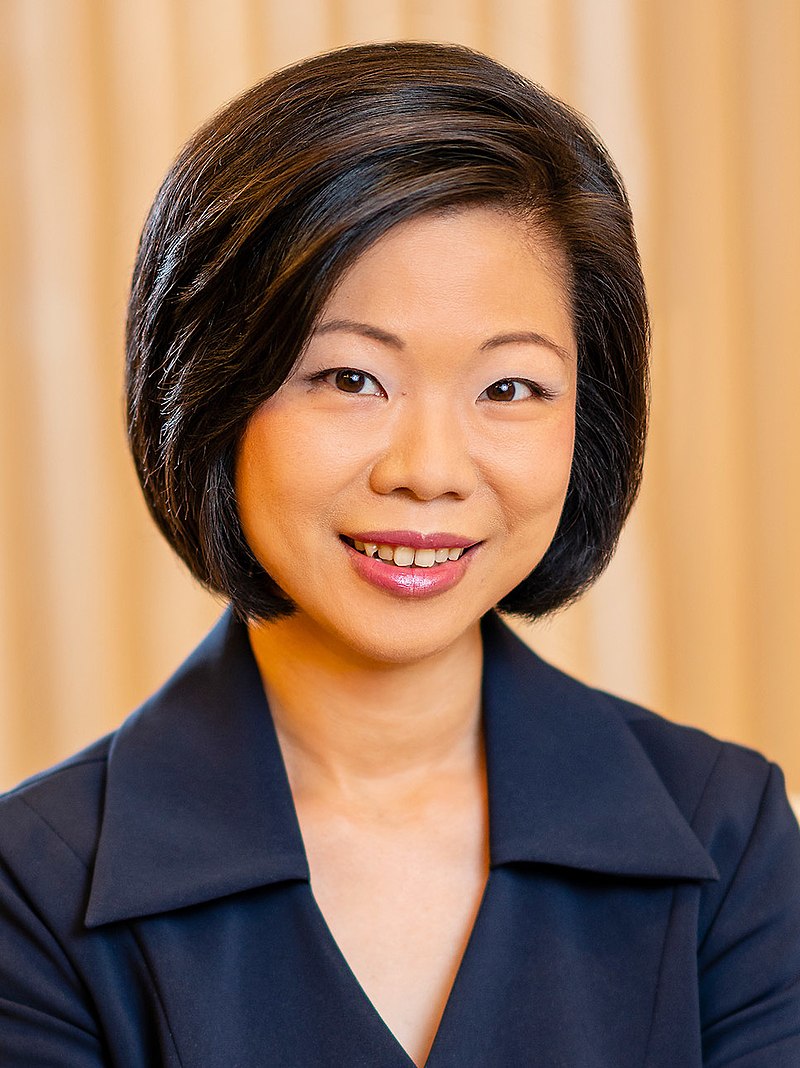
Sim Ann
Minister of State, Ministry of Foreign Affairs and Ministry of National Development
-
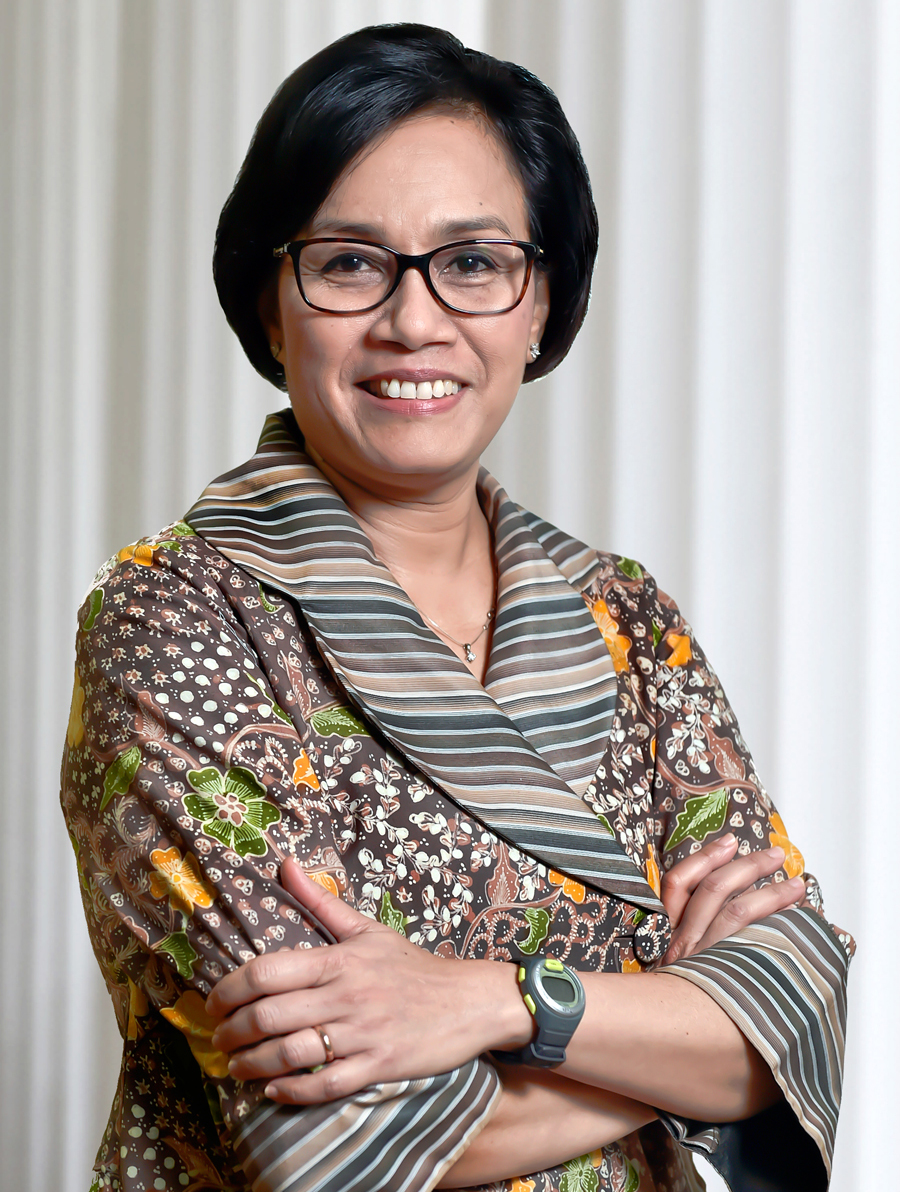
Sri Mulyani Indrawati
Minister of Finance, Indonesia
-
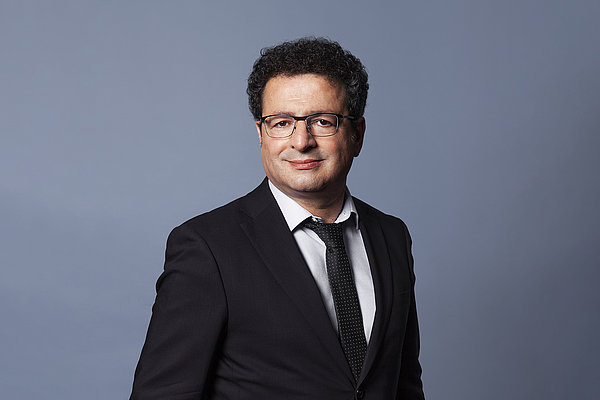
El Mouhoub Mouhoud
Member of the Cercle des économistes, President of Université Paris Dauphine – PSL
-
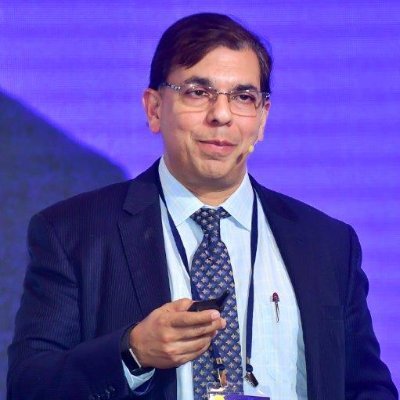
Jayant Menon
Senior Fellow, ISEAS, Institute for Southeast Asian Studies
-
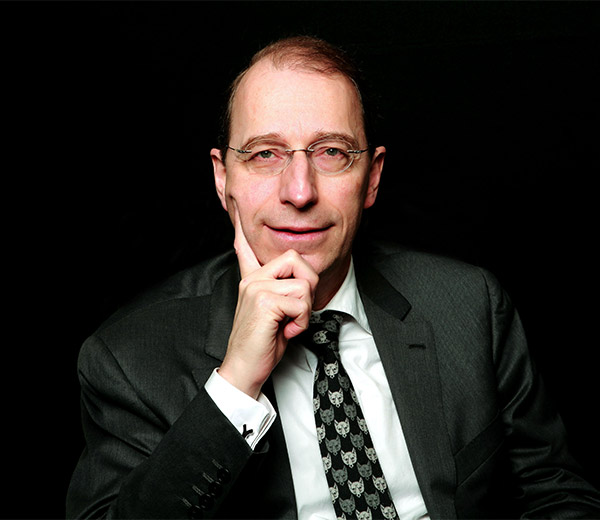
Philippe Trainar
Member of the Cercle des économistes, Professor of Insurance at the CNAM
-
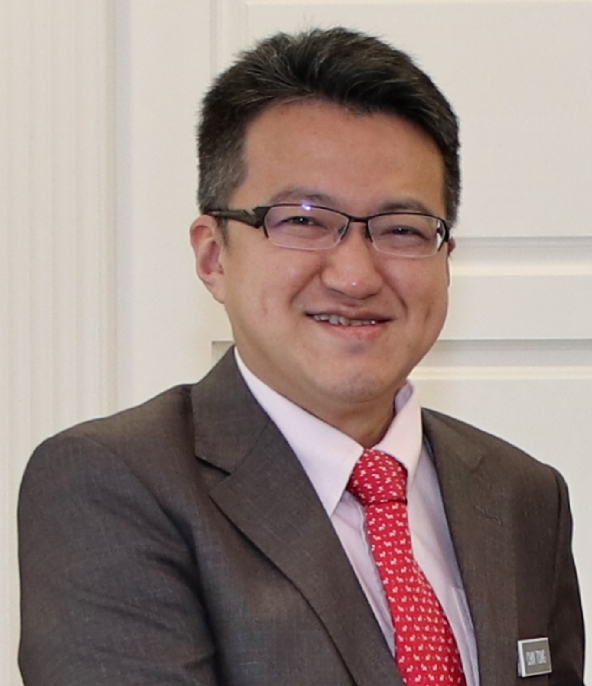
Chin Tong LIEW
Deputy Minister of Trade and Industry, Malaysia
